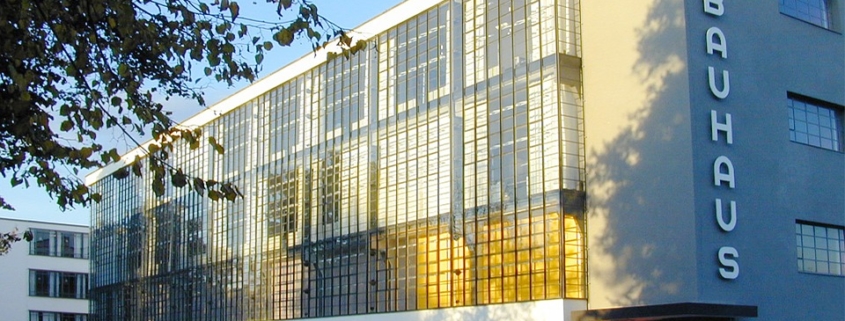Translating web pages – easy snap or tempting translation trap?
Could you just translate this web page please? Well…
 It’s easy you say, but a simple request that sounds like a snap can turn into a translation trap. Web pages are where we read these days, so why not start the job there and just translate what you see on the website? Well, web pages are actually made up of not just the words and images you see on the surface, but also technical code you don’t see, and styling you do, so you may regret your words when you find yourself swimming in a simmering sea of alphabet soup. And what if the result can’t be served up in a way that can be readily consumed? So before just jumping in and translating web pages, let’s look at what really is on a web page and how the text there might, or might not, mesh with the professional translation process to deliver a successful result – in a final format translator and client can readily use.
It’s easy you say, but a simple request that sounds like a snap can turn into a translation trap. Web pages are where we read these days, so why not start the job there and just translate what you see on the website? Well, web pages are actually made up of not just the words and images you see on the surface, but also technical code you don’t see, and styling you do, so you may regret your words when you find yourself swimming in a simmering sea of alphabet soup. And what if the result can’t be served up in a way that can be readily consumed? So before just jumping in and translating web pages, let’s look at what really is on a web page and how the text there might, or might not, mesh with the professional translation process to deliver a successful result – in a final format translator and client can readily use.
Continue reading full article…





 Quaschning
Quaschning

 When you need a translation of a technical text or manual, what you really are looking for is a specialist expert in this field to do the job right. A serious translation ensures the accurate and usable rendering of descriptions and instructions into the target language, preventing time-consuming and expensive misunderstandings which could arise later. To achieve this an effective translator needs to understand not just the words on the page, but the technical processes and functioning of a technology or product.
When you need a translation of a technical text or manual, what you really are looking for is a specialist expert in this field to do the job right. A serious translation ensures the accurate and usable rendering of descriptions and instructions into the target language, preventing time-consuming and expensive misunderstandings which could arise later. To achieve this an effective translator needs to understand not just the words on the page, but the technical processes and functioning of a technology or product.







